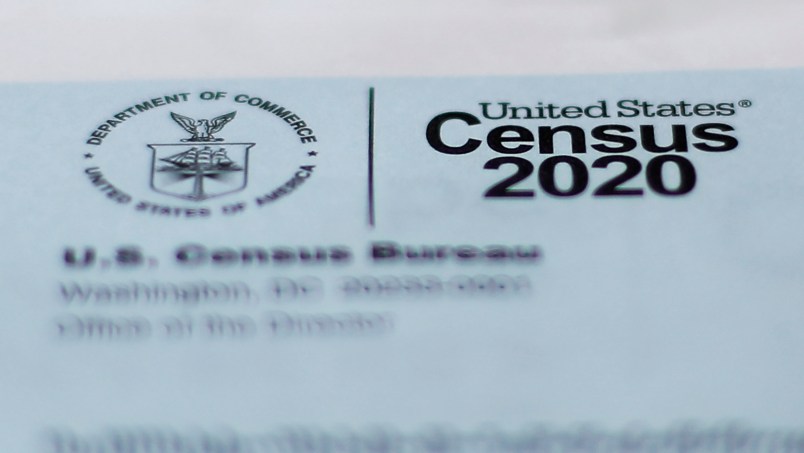Ohio’s lawsuit challenging the Census Bureau’s delays in releasing the 2020 survey data was dismissed by a federal judge Wednesday.
U.S. District Judge Thomas Rose in Dayton said that the lawsuit, brought by Ohio Attorney General David Yost, had failed to clear various procedural thresholds that would warrant a court’s intervention.
Ohio has already indicated it will appeal the decision. The case is just one front among several battles over how the Census Bureau is planning to roll out the survey’s data and what impact those decisions will have on states’ ability to draw their legislative maps for the next decade
Ohio was seeking an order that the Census Bureau meet its pre-pandemic timeline of releasing redistricting data by March 31, a deadline also set by statute. Last month, the bureau announced that because of pandemic-related issues in the survey, it would need until September to produce the numbers.
In seeking that the bureau release the numbers more quickly, Ohio pointed to a recent amendment to its constitution that lays out a timeline for redistricting that will be impossible to meet with the new delays.
The amendment, as Rose noted, does give the state the option to use other types of data, if the preferred census data is unavailable.
“Ohio will be able to follow its state constitutional procedures and conduct its redistricting regardless of when the Census Bureau delivers its data because the state constitution explicitly contemplates that census data might be ‘unavailable’—and provides a mechanism for that contingency,” he said. He also pushed back at Ohio’s claim that the bureau’s delays would undermine public’s confidence in Ohio’s redistricting process.
“Accuracy would seem to be the foundation of confidence, and Ohio’s redistricting plan foresees the possibility of delays in providing number,” the judge said. “It would seem that the remedy Ohio seeks is more likely to reduce public confidence.”
The Census Bureau’s delays in releasing the numbers are causing real logistical headaches for states with set redistricting deadlines. Alabama has also filed a lawsuit challenging the current September data release date.
But those headaches were exacerbated by the Trump administration flip-flopping on giving the bureau more time to complete the count. Before Trump reversed on giving the bureau four extra months, the bureau was working with individual states whose redistricting timelines were jeopardized by the delays. Two of those states, New Jersey and California, took proactive actions to push back their own redistricting calendars.
“These States gathered information from the Census Bureau and found a way to remedy their own redistricting issues,” the judge said.
Read the order below:







Jeez, somebody put this judge back in the 18th century.
This is 2Q21…
Seems well reasoned. The court does not have any ability to make the Census complete its work any earlier, so Ohio’s claimed injury simply isn’t redressible. No redressible claim, no lawsuit.
A bush the lesser appointee.
Reason prevails! And maybe OH will be a nicer place for Reps to run as a result.
Is Gym Jordan any more vulnerable in a less gerrymandered district?
Yes, he is more vulnerable if district is less snake like and more square.